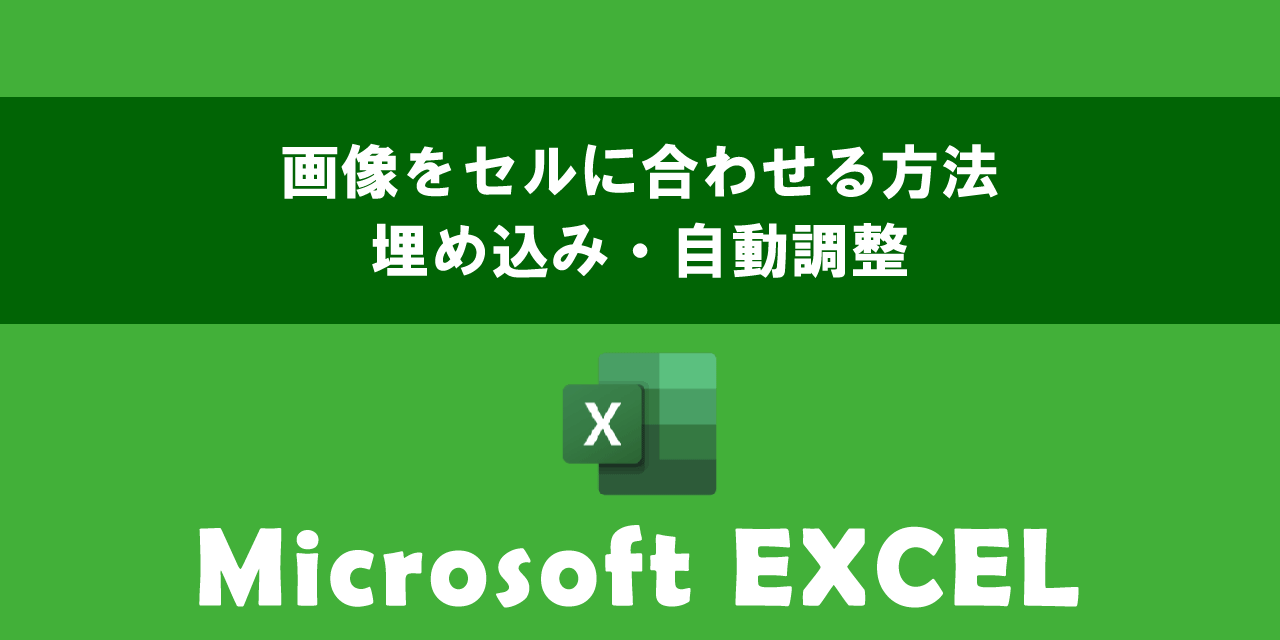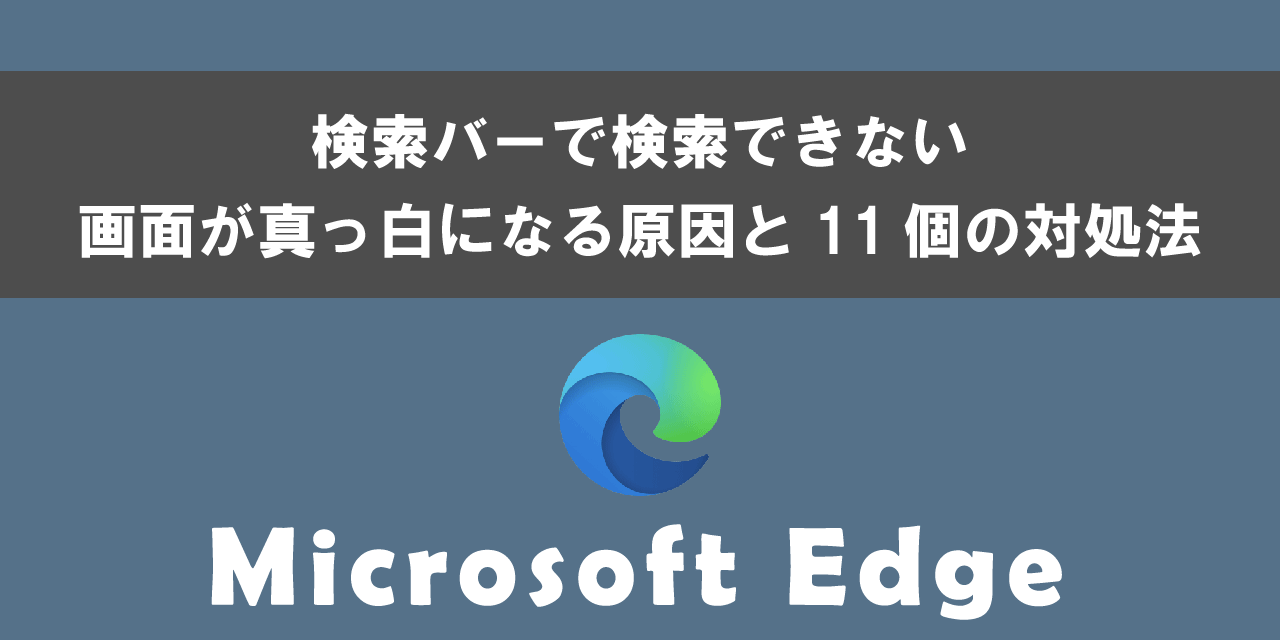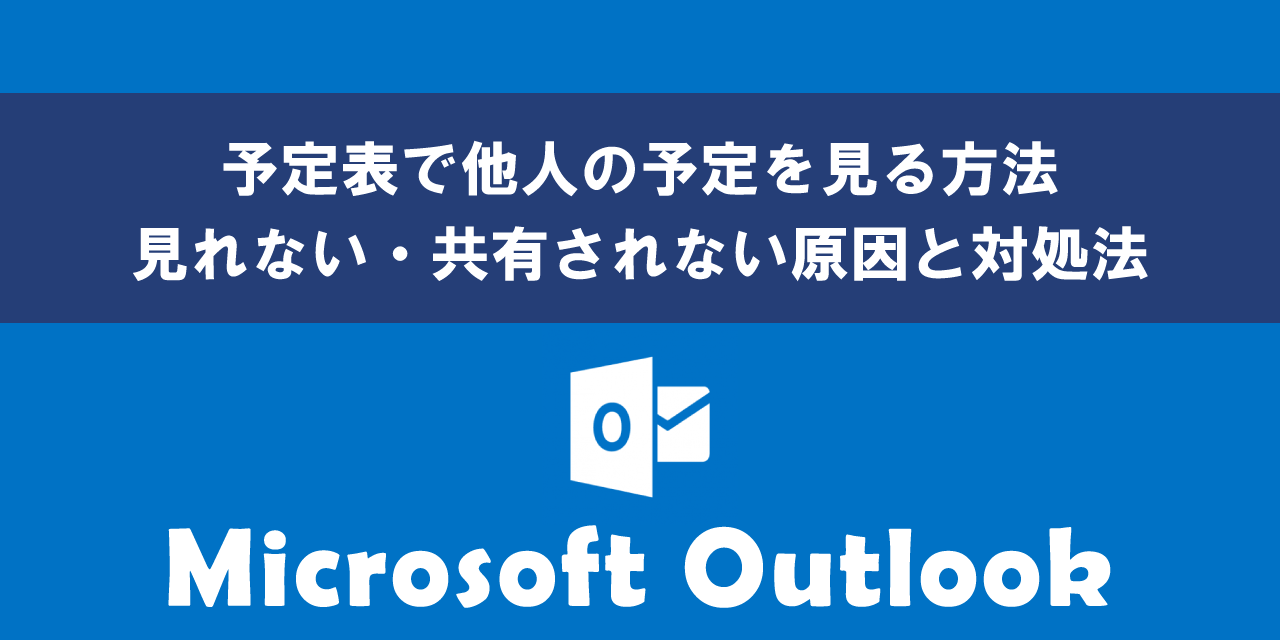例文で覚える【without】の日常会話での使い方
 /
/ 

withoutは『~なしで』という意味の前置詞であり、withとは反対の意味を持ちます。
withが一緒にあるイメージであり、withoutは一緒にないイメージです。
withoutの使い方をマスターして、幅広い会話ができるようになりましょう。
またwithoutとexceptの使い分けはうまくできていますか?日本語で考えると似ているので、使い方を間違っている方もいますので、違いについても詳しく説明します。
『(人が)なしで』の【without】
前置詞withoutの後に目的格の代名詞が位置し、『あなたなしで~』、『私なしで~』という表現を表すことができます。

I couldn’t have done it without you.
(私はあなたなしではそれができなかったよ)
Everyone went to the movies except me.
(私を除いてみんな映画に行った)
Do you want to go without me ?
(私抜きで行きたい?)
My family is all tall without me.
(私の家族は私以外みんな背が高い)
You guys can't do anything without me!
(お前たちは私なしではなにもできない!)
You'd be happier without me.
(あなたは私がいない方が幸せになるよ)
『(ものが)なしで』の【without】
前置詞withoutの後に名詞を続け、『(ものが)~なしで』を表現します。

I can’t imagine life without the internet.
(インターネットがない人生は考えられない)
I can’t live without credit cards.
(クレジットカードがないと生活できない)
I feel insecure without phone.
(携帯なしでは不安です)
I went out without a coat.
(コートなしで出かけた)
That is without tax.
(あれは税なしです)
I want pasta without cheese.
(私はチーズ抜きのパスタが欲しい)
I’ve never seen her going out without wearing hat.
(私は帽子をかぶらないで出かける彼女を今まで見たことがない)
I can’t survive without coffee.
(コーヒーなしでは生きていけない)
Which do you prefer with bangs or without bangs ?
(あなたは前髪ありとなし、どちらが好みですか?)
Can I get that juice without ice ?
(氷なしであのジュースをいただけますか?)
I’d like coffee without sugar.
(私は砂糖なしのコーヒーが欲しい)
『(人・もの以外が)なしで』の【without】
前置詞withoutの後に名詞もしくは動名詞を続け、『(人・もの以外が)~なしで』を表現します。

I wish I could live a life without working.
(働かないで生活できたらなー)
I want to be able to watch American movies without subtitles.
(私はアメリカ映画を字幕なしで見れるようになりたい)
I was so sleepy last night that I’d fallen asleep without realizing it.
(昨晩はとても眠くて、気づいたら寝てたよ)
He passed the test without studying.
(彼は勉強しないでテストに合格した)
That goes without saying.
(それは言うまでもない)
I went to work without eating breakfast.
(朝食なしで会社に行った)
They went out without locking the door.
(彼らは鍵をかけずに出かけた)
Why did you decide it on your own without asking me ?
(なぜ私に尋ねないで自分で決めたの?)
I hope I could go to the office without taking a train.
(電車に乗らないで会社へ行けたらなー)
Peter left Japan without saying goodbye.
(ピーターはさよならを言わないで日本を発った)
I think of you without even realizing it.
(私は気づいたらあなたのことを考えています)
She left the room without saying anything.
(彼女は何も言わずに部屋を出た)
She went to bed without turning off the TV.
(彼女はテレビを消さずに寝た)
You can go straight to Akihabara Station without getting off.
(あなたは乗り換えなく秋葉原駅へ直に行くことができます。)
Japanese people often use English incorrectly without knowing it.
(日本人は知らずに間違った英語をしばしば使用する)
It doesn’t mean anything. I just said it without meaning.
(特に意味はないですよ。ただなんとなく言っただけです)
He was in such a hurry and he went out without a word.
(彼は急いでいて、一言もなく出て行った)
There’s no gain without risk.
(リスクなしでは何も得られない)
You look cute without makeup.
(あなたは化粧してなくてもかわいいよ)
My goal is to watch movies without subtitles.
(私の目標は字幕なしで映画を観ることです)
He started without any explanation.
(彼はなんの説明もなしに始めた)
I fell asleep without removing my makeup.
(化粧を落とさずに寝てしまった)
I left the office without finishing my work yesterday.
(私は昨日仕事を終えずに会社を出た)
Please don’t touch my things without asking.
(無断で私のものを触らないでください)
Is there anything that you can’t live without ?
(あなたにはこれなしでは生きていけないというものはありますか?)
Your dream won’t come true without efforts.
(夢は努力なしでは叶えられない)
You might regret it if you decide something without really thinking.
(よく考えないで何かを決めると後悔するかもしれないよ)
『間違いない』の【without】
without(なしで) + question(疑問)より「疑問がない」⇒「間違いない」という意味になります。

Without question, it’s the best smartphone now.
(間違いなく、それは今一番のスマートフォンです)
Without a doubt, it’s the best café I’ve ever been to.
(間違いなく、それは私が今までに行ったカフェで一番です)
【without】と【except】の違い
exceptは『~を除いて、~以外で』という意味を表します。現実に存在する人や物に対して使用し、例外を述べる場合に使用します。
exceptr
Used to introduce the only person, thing, action, fact, of situation about which a statement is not true
参考:LONG MAN
『without』は上記にも記載してある通り、『~なしで』の意味なので混合しないように注意してください。
without
not having something, especially something that is basic or necessary
参考:LONG MAN

Nobody can do this without you.
(あなたなしで誰もこれをすることはできない)
Nobody can do this except you.
(あなた以外でこれをすることは誰もできない)
The museum is open daily except Monday.
(ミュージアムは月曜日を除いて毎日開いてます)
Everyone was there except for Peter.
(誰もがピーターを除いてそこにいた)
まとめ
『例文で覚える【without】の日常会話での使い方』はいかがでしたでしょうか?
withoutの使い方をきっちり覚えて日常会話で使えるようにしましょう。

 関連記事
関連記事





